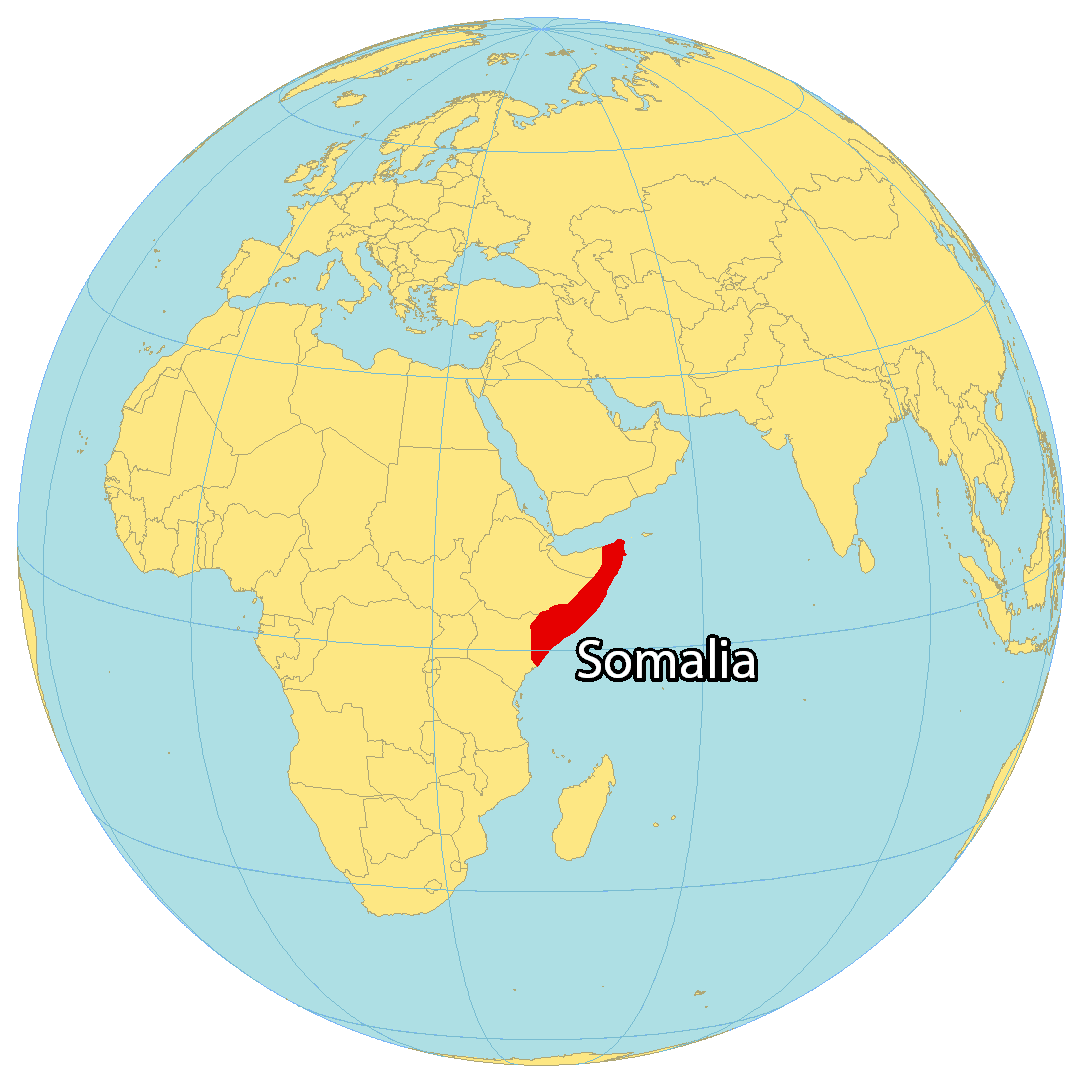Wednesday, September 21, 2022
Why Somalia’s drought and looming food crisis require an innovative response.
NEW YORK CITY: Just a few months ago, Somalia was promised a new era. After a peaceful vote and an equally peaceful transfer of power, many had hoped that a line had been drawn under decades of clan divisions, factious politics, heightened tensions between Mogadishu and the regions, and a persistent extremist presence.
In recent years, Somalia recorded encouraging economic growth as well, lifting the hopes of the international community further. Until a perfect storm, consisting of the coronavirus pandemic, a locust infestation and floods, struck the country, rolling back the gains. A new president, whose election had crowned a period of hope that saw the drafting of a new provisional constitution, the establishment of a federal government, and the subsequent formation of five new federal member states, had promised to focus on national reconciliation and on further political and financial reforms.
James Swan, the UN special representative to Somalia, had told the Security Council that Hassan Sheikh Mohamud’s presidency offered a “long-awaited opportunity to advance urgent national priorities.”


No comments:
Post a Comment